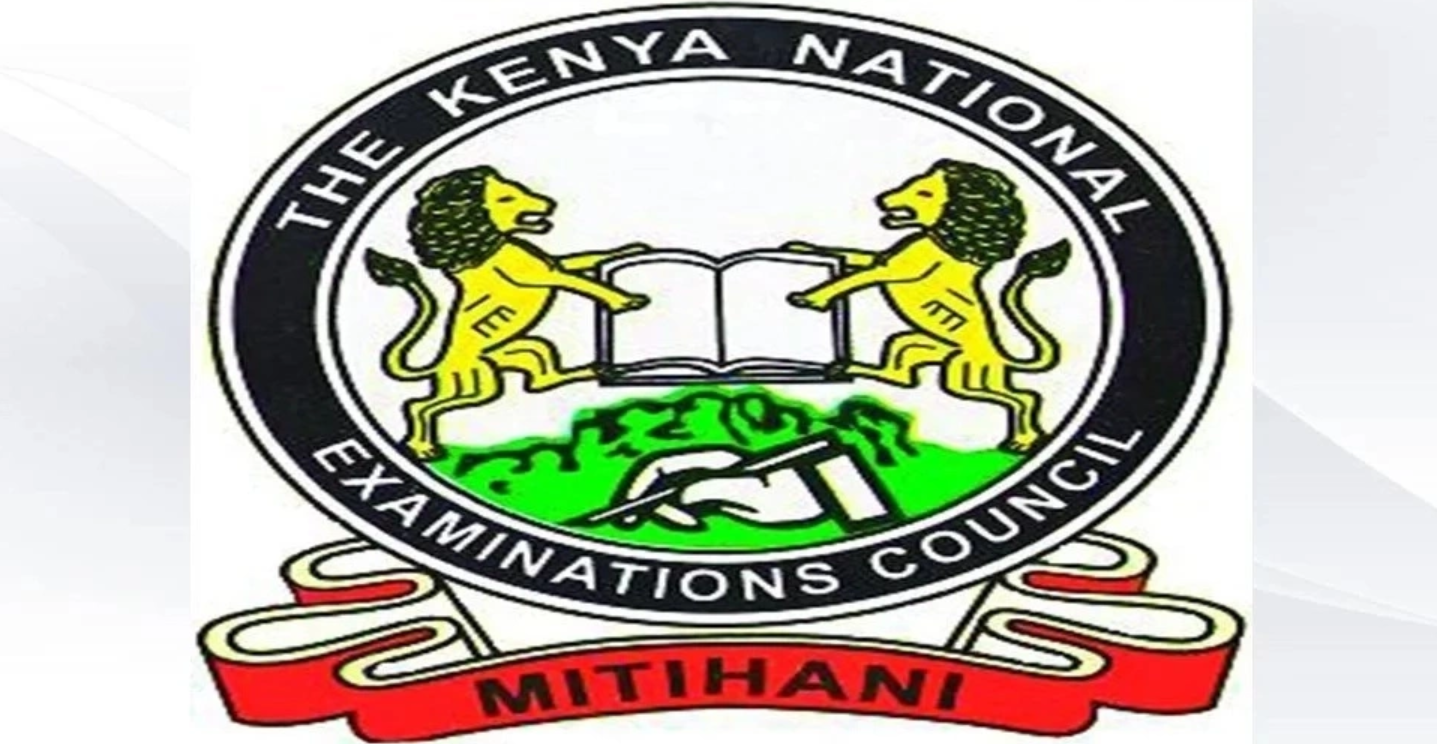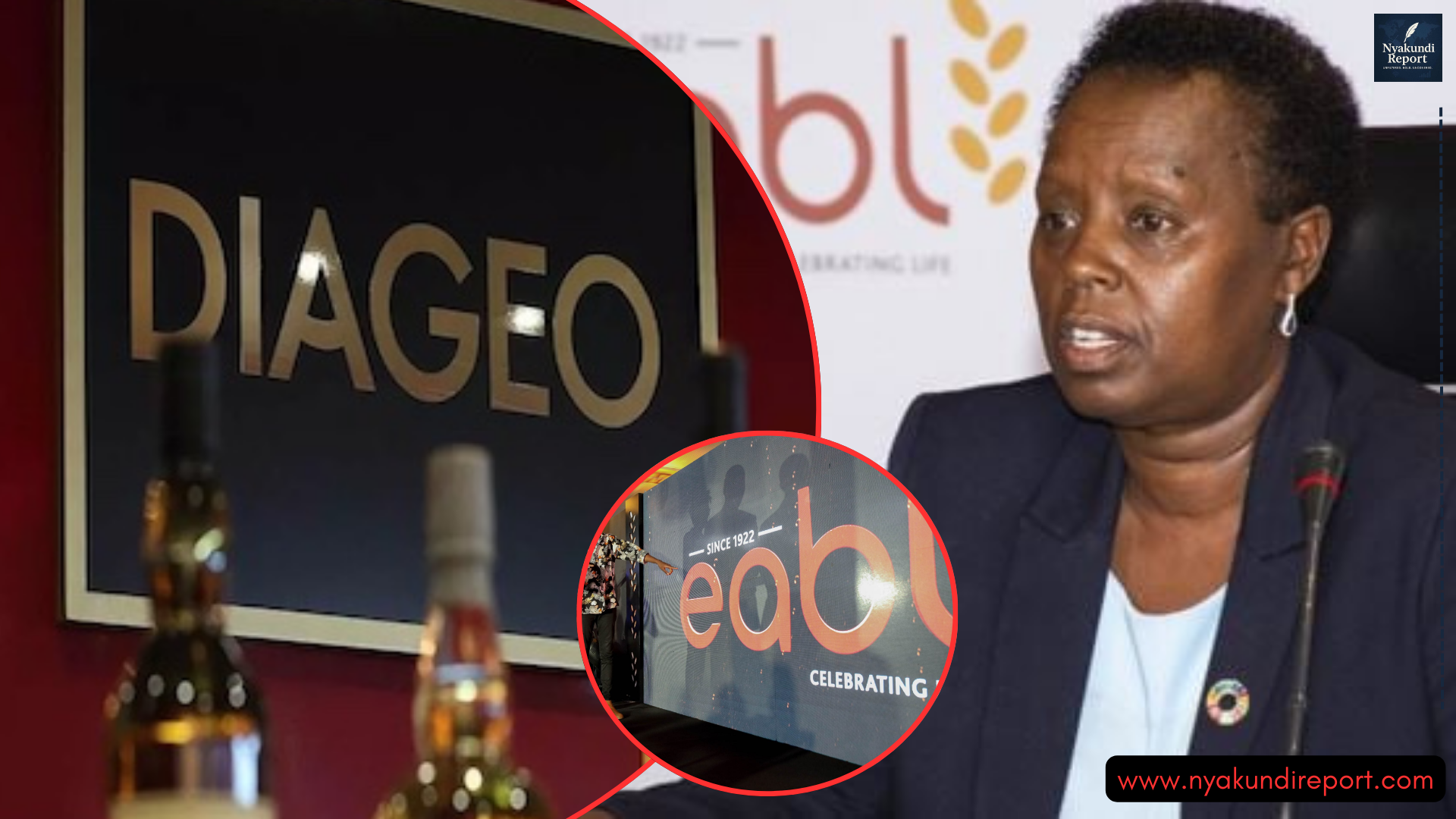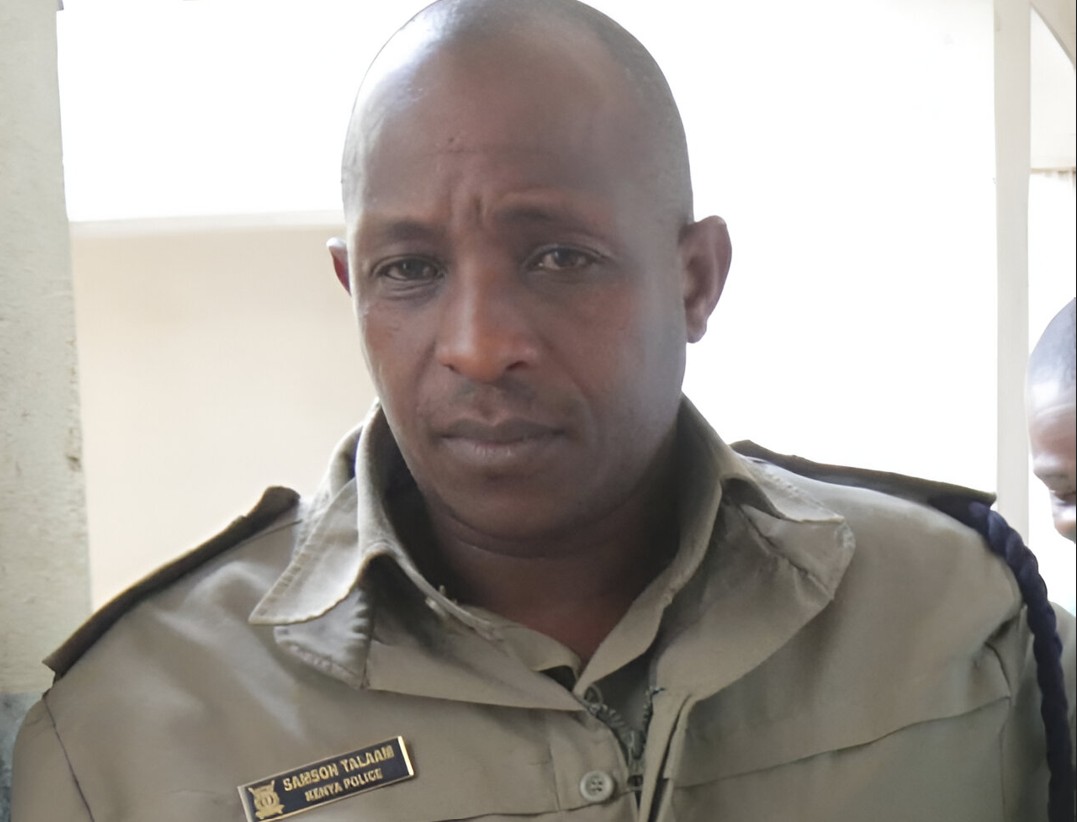Teachers and tutors across Kenya now have a new opportunity to earn, grow, and contribute to the country’s education system. The Kenya National Examinations Council (KNEC) has officially announced vacancies for the 2025 KCSE assessor roles, focusing on eight specialized oral and practical subjects.
The application window, which began on June 10, 2025, will remain open until July 30, 2025. This latest call targets secondary school teachers and college tutors looking to participate in assessing this year’s KCSE exam.
If selected, successful applicants will receive on-the-job training and join the critical team that ensures national exam integrity. With the rising need for qualified assessors, KNEC is urging teachers to act fast, complete their profiles online, and meet strict eligibility criteria before time runs out.

KNEC Vacancies Offer Path to Professional Growth and National Service
KNEC’s newly announced recruitment exercise focuses on oral and practical papers in eight subjects: Power Mechanics, Electricity, Aviation Technology, French Oral, German Oral, Arabic Oral, Kenyan Sign Language (KSL) Signing Practical, and Music Practical.
The education body is clear about its mission—to bring in skilled, practicing professionals to maintain the standards of the KCSE assessment process. According to KNEC, this round of recruitment is meant to beef up examiner capacity for specialized exams that require not just academic knowledge, but hands-on experience in each field.
To begin the application process, interested candidates must access the official KNEC Contracted Professionals (CP2) portal. Those with existing CP2 accounts can log in directly. If a teacher has forgotten their password, they can reset it using their phone number in the format 2547XXXXXXXX.
For those without CP2 accounts, creating a new one is mandatory. The portal guides applicants through registration, profile setup, and document submission. Once logged in and profiles are complete, candidates should navigate to the “Apply for Assessors’ Vacancies” tab to view available positions and select their preferred subject.
But the process is more than just clicking through a website. Applicants must meet a strict list of qualifications. Only those who present all the required documents and meet every criterion will be shortlisted. With limited slots, competition will be tight.
Eligibility Criteria for 2025 KCSE KNEC Vacancies
KNEC outlined eight key requirements for interested applicants. First, one must be a practicing teacher or college tutor in the subject they wish to assess. Second, the applicant must be either employed or registered by the Teachers Service Commission (TSC) or another recognised professional body.
Academic qualifications are also non-negotiable. Candidates must have a diploma or higher in education or the specific subject area. However, assessors applying for aviation technology must hold a Diploma in Aeronautical Engineering—a clear sign that KNEC is demanding highly skilled professionals.
In terms of experience, a minimum of three years of teaching is required. Applicants should also not be under any disciplinary action or investigation by their employer.
Importantly, teachers must be recommended by the head of their institution and must be aged 50 or below. This clause highlights KNEC’s interest in active educators who are still fully engaged in teaching duties and physically able to undertake the rigorous task of assessment.
KNEC Vacancies Come With Financial Incentives
The work of a KCSE assessor is not only honorable—it pays too. While rates may vary by subject, KNEC typically compensates assessors between Ksh50 and Ksh70 per script. Travel allowances are also paid, based on the distance and location of the assessment center.
This is a golden opportunity for teachers and tutors to boost their income while gaining national experience. It’s also a career step that builds one’s credibility, expands professional networks, and allows one to contribute directly to shaping Kenya’s future workforce.
In addition to payment, assessors benefit from direct exposure to national assessment standards and procedures. This kind of experience strengthens classroom teaching and aligns educators with the evolving expectations of Kenya’s competency-based education system.











































